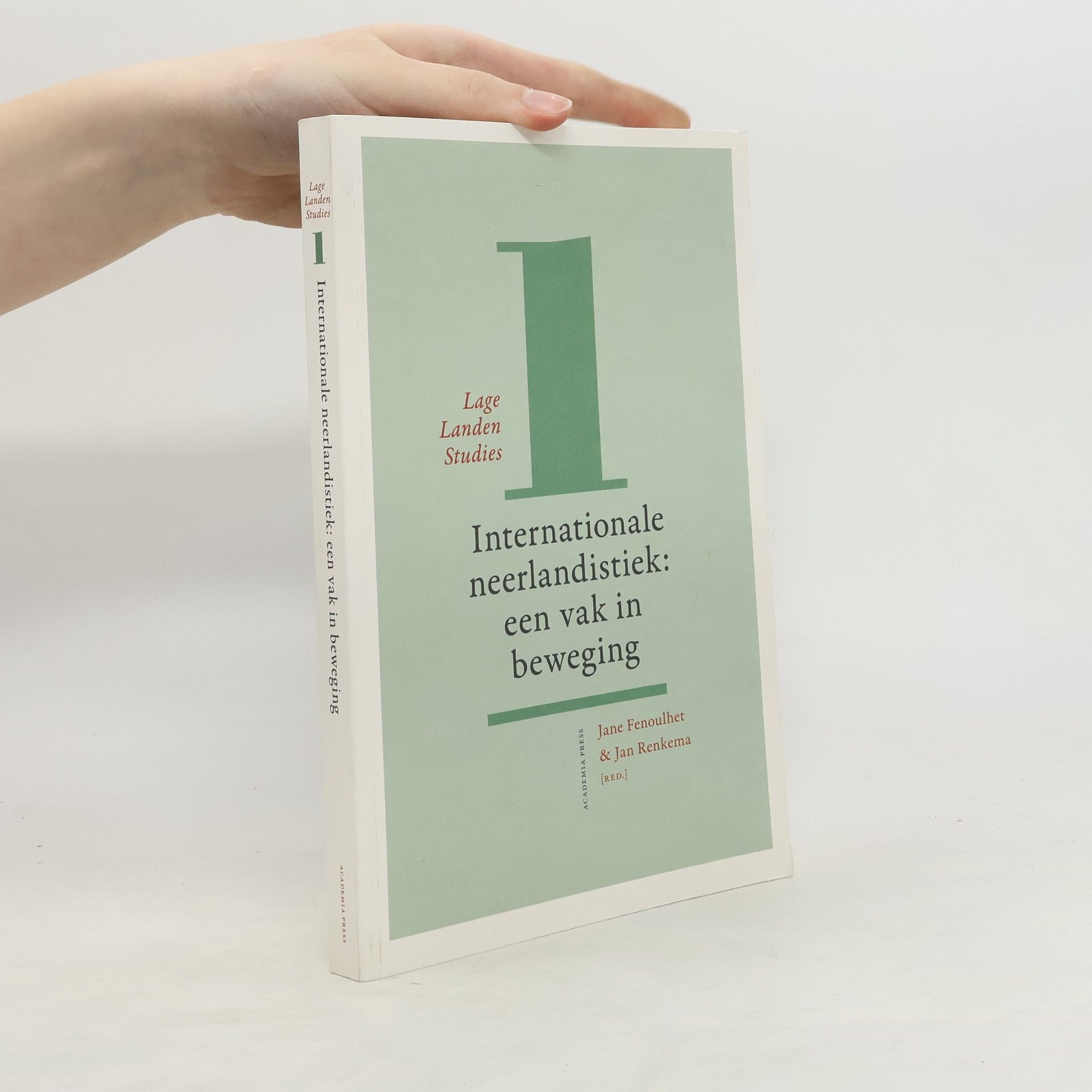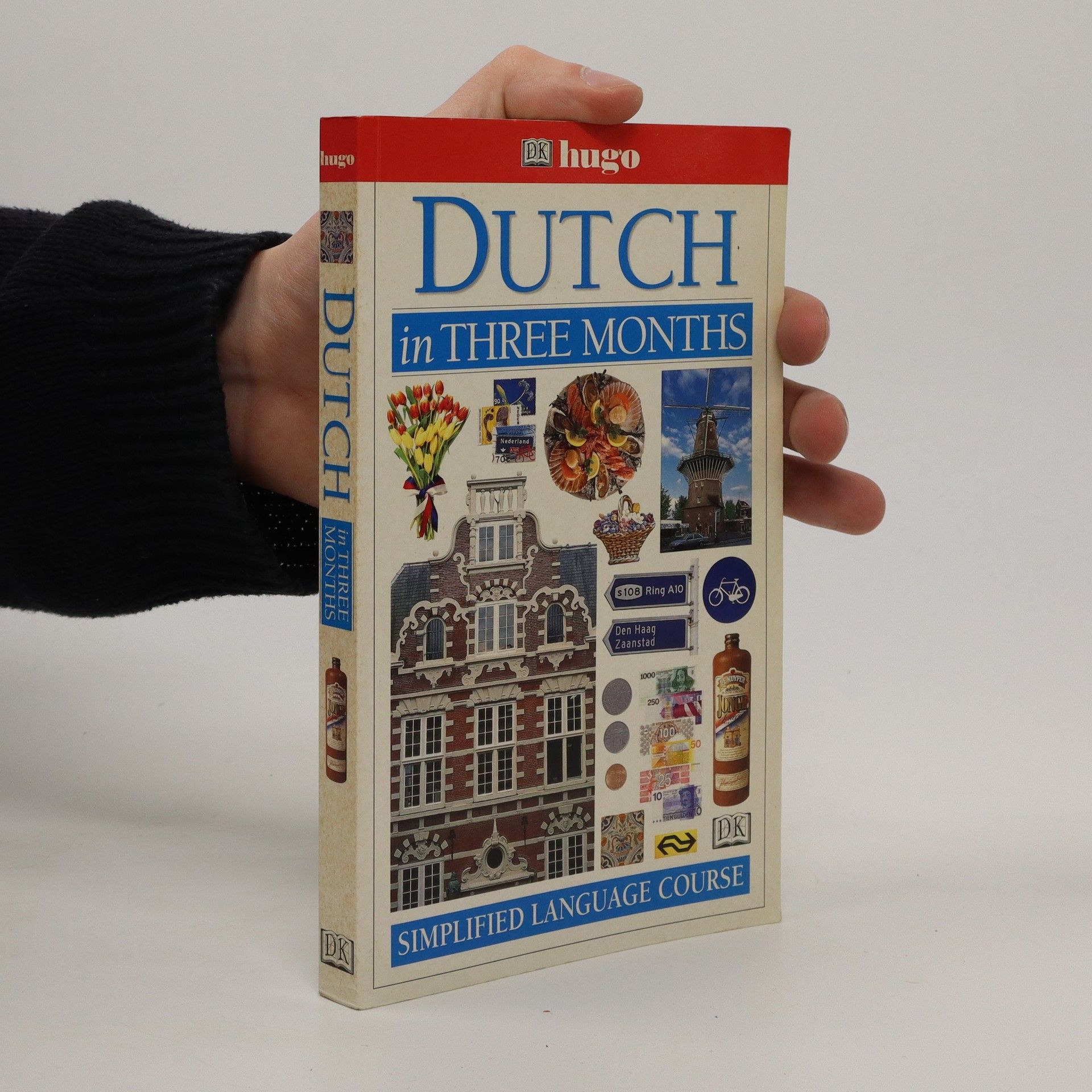Your essential guide to understanding and speaking Dutch Builds vocabulary through word lists, key phrases, and model sentences Explains essential grammar Develops conversation skills through exercises based on real-life scenarios Includes a mini Dutch-English dictionary
Jane Fenhoulet Boeken
1 januari 1950
Jane Fenoulhet is een onderzoeker op het gebied van Nederlandse studies, die literatuur-, geschiedkundige en vertaalstudies combineert. Haar werk onderzoekt ook de impact van mobiliteit op taalleerders en de beweging van literatuur in vertaling. Fenoulhet geeft lezingen en publiceert veel over deze onderwerpen, waarbij ze het leven en werk van de Nederlandse schrijver Cees Nooteboom onderzoekt.



Dutch in Three Months
- 256bladzijden
- 9 uur lezen
Beginnerscursus Nederlands met als basistaal Engels.
Internationale neerlandistiek
- 271bladzijden
- 10 uur lezen